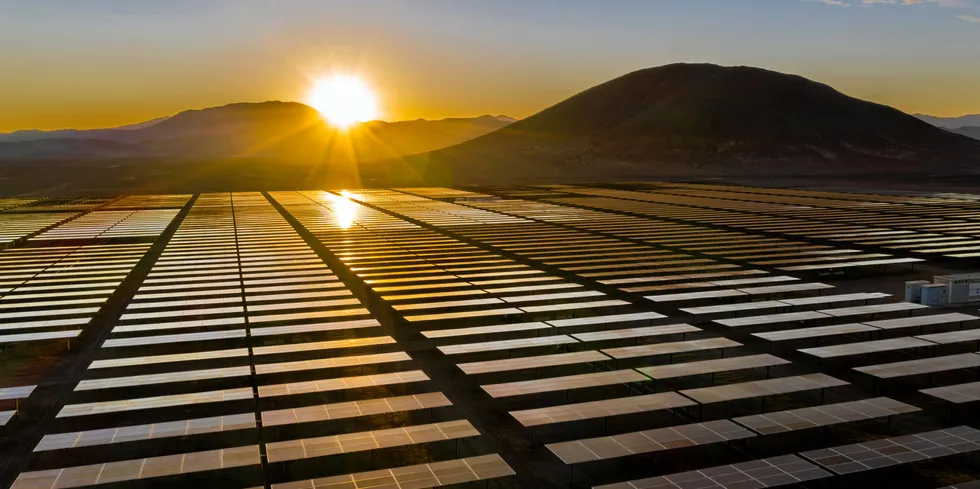World’s emerging markets raise green goals but follow-through ‘critical and incomplete’: BNEF
Analyst house’s annual Climatescope report finds 92% of developing nations led by Chile have set long-term renewable energy targets, yet underlines progress will hinge on implementation
